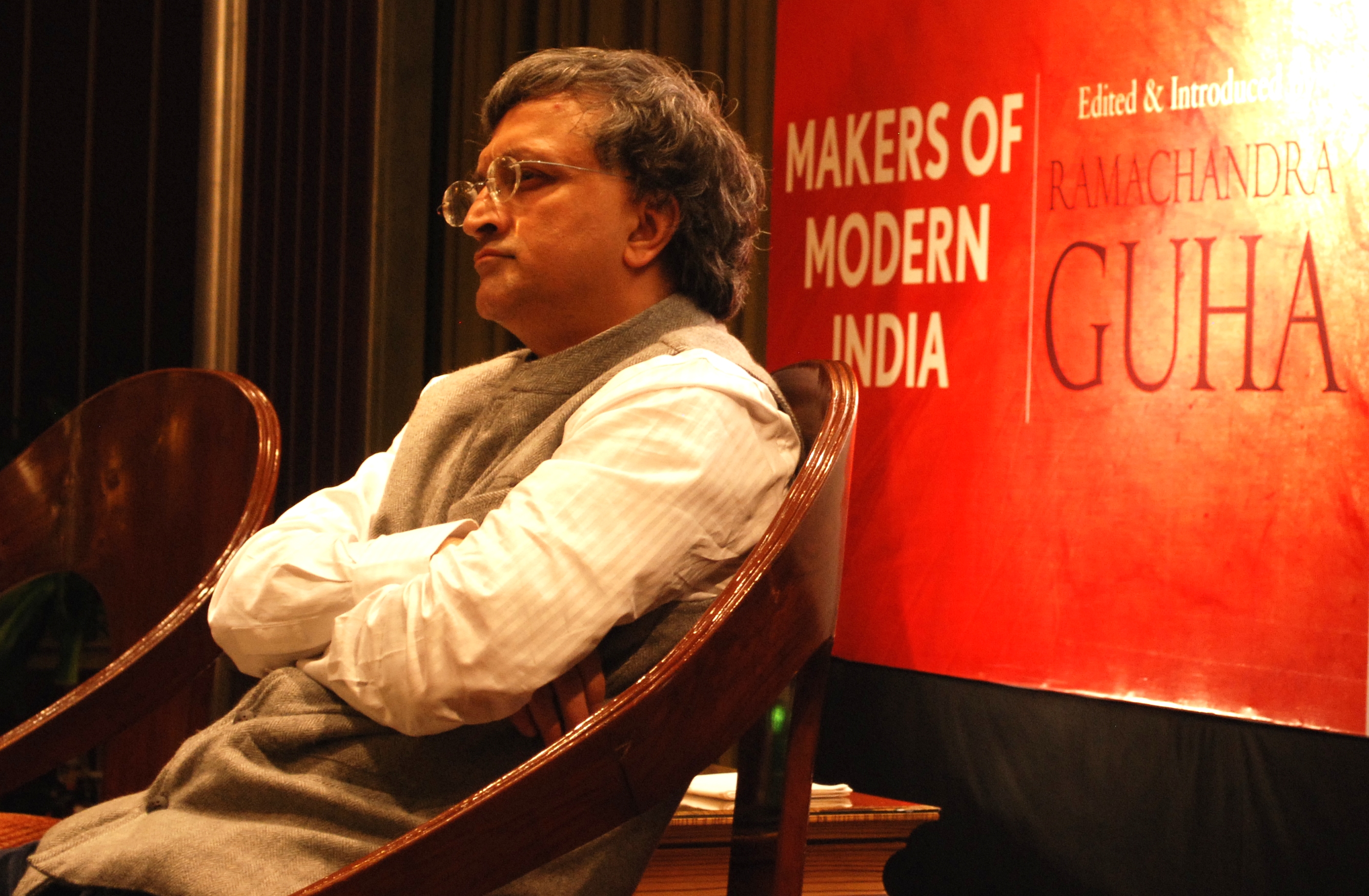“What is now in the past was once in the future”
Source: India After Gandhi: The History of the World's Largest Democracy
Ramachandra Guha is an Indian historian and writer whose research interests include environmental, social, political and cricket history. He is also a columnist for The Telegraph and Hindustan Times. A regular contributor to various academic journals, Guha has also written for The Caravan and Outlook magazines. For the year 2011–2012, he held a visiting position at the London School of Economics and Political Science , the Philippe Roman Chair in History and International Affairs. His newest book is Gandhi Before India , the first part of a planned two-volume biography of M. K. Gandhi. His large body of work, covering a wide range of fields and yielding a number of rational insights has made him a significant figure in Indian historical studies, and Guha is valued as one of the major historians of the late twentieth and early twenty first centuries.
He was appointed to BCCI's panel of administrators by the Supreme Court of India on 30 January 2017.

“What is now in the past was once in the future”
Source: India After Gandhi: The History of the World's Largest Democracy
[Guha, Ramachandra, The Ones Who Stayed Behind, http://ramachandraguha.in/archives/the-ones-who-stayed-behind-economic-and-political-weekly.html, Economic and Political Weekly, 22nd March 2003]
[Guha, Ramachandra, Where Are The Conservative Intellectuals in India?, http://ramachandraguha.in/archives/where-are-the-conservative-intellectuals-in-india-caravan.html, Caravan, March 2015]
[Guha, Ramachandra, A SALUTE TO THE COFFEE HOUSE, http://ramachandraguha.in/archives/a-salute-to-the-coffee-house.html, The Telegraph, 29th September 2007]
[Guha, Ramachandra, Captive ideologues, http://ramachandraguha.in/archives/history-beyond-marxism-and-hindutva-the-telegraph.html, The Telegraph, July 26, 2014]
[Guha, Ramachandra, REFORMING THE HINDUS, http://ramachandraguha.in/archives/reforming-the-hindus.html, The Hindu, July 18th, 2004]
Articles